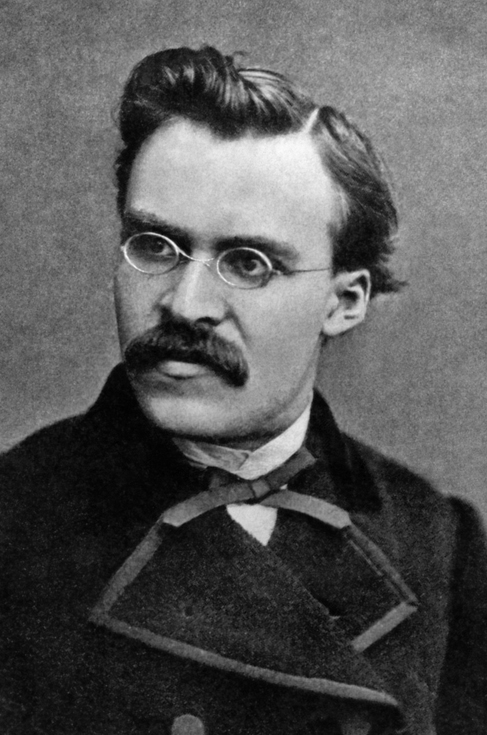
If he did not, were our actions justified?
My parents raised me to have a moral compass. My father drilled into me the need for honesty in all circumstances, even when it caused discomfort to others. There could be no lying, no cheating to gain the advantage. Did that apply when it was self-preservation? Was I justified in saving a family member when only cheating or lying could save her?
In life that might be true, but did it apply to a bike race, an inconsequential occasion that would not affect my future? But as I thought about it, this event would have a profound bearing on my life. It could make the difference between a secure income and poverty.
We all crave predictability, a belief that there will be a tomorrow, and one to our liking, our expectation. Suddenly, I realized this race mattered more than I could ever dream of. It became a matter of life and death. The essential truth sank in. Gary had to win. I had to finish. My future depended on it.
Gary’s future depended on it. There would be consequences to losing. Carl might be right. Did he learn it from a philosopher? Do the ends justify the means?
Carl often spoke of Nietzsche. The German dwelled on morality and the issues of the human condition. On long rides, he would excoriate the philosopher’s beliefs, and those of Freud, but Carl’s true intentions remained a mystery. By what principles did he live his life? He was an enigma. I could only judge him by his actions, and they mirrored the thoughts of Nietzsche to the letter.
He often told me during long climbs in the Santa Cruz Mountains that life is a struggle, one you must battle to overcome: every mile, yard, foot, turn of the cranks. He summed up his philosophy this way:
Leave a comment